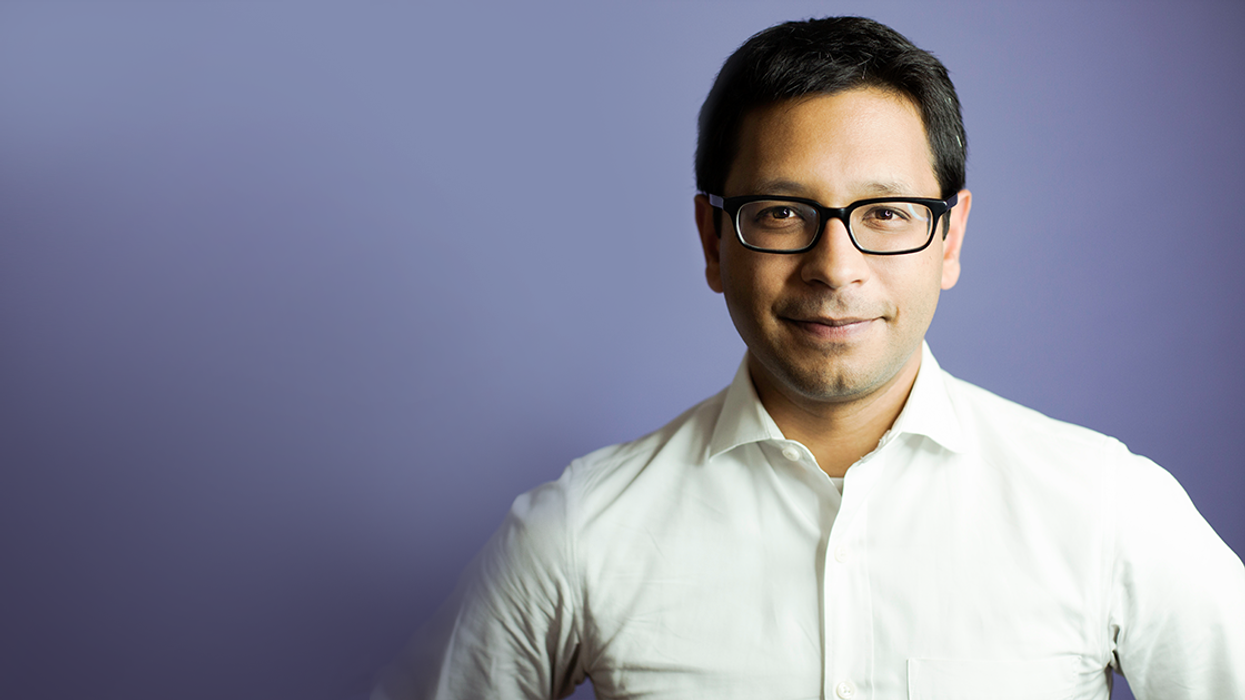Demos, a liberal think tank fighting racial inequality on the voting rights and economic fronts, is losing its president to the Biden administration.
K. Sabeel Rahman, who has led Demos for the past two and a half years, was named senior counselor at the Office of Information and Regulatory Affairs, which falls within the Office of Management and Budget. The appointment, which Demos announced Tuesday, follows on the heels of Kristen Clarke's planned departure from the Lawyers' Committee for Civil Rights Under Law once confirmed as assistant attorney general for civil rights.
Under Rahman, Demos was involved in numerous voting rights lawsuits in the run-up to the 2020 election, including efforts to stop a questionable purging of the voter lists in Indiana, guarantee safety protections for Florida voters concerned about Covid-19 and protect the voting rights of Ohioans amid the changing primary calendar.
"While we at Demos will miss having Sabeel's leadership and vision, we are proud to share him with the nation. In his new position, he can play an even more powerful role in moving the U.S. toward the just and inclusive democracy and economy that Demos champions," board chairman Joshua Fryday wrote in an email announcing Rahman's departure.
Among other responsibilities, OIRA plays a central role in reviewing and coordinating regulatory actions taken by federal agencies.
Rahman has earned three degrees from Harvard and is an associate professor at Brooklyn Law School. Before joining Demos, he held fellowships at New America and the Roosevelt Institute, and he was a special advisor to the deputy mayor of New York for housing and economic development.
This will be a bit of a homecoming for Rahman, who worked as an analyst at OIRA for a year a decade ago, in the Obama administration.




















Trump & Hegseth gave Mark Kelly a huge 2028 gift